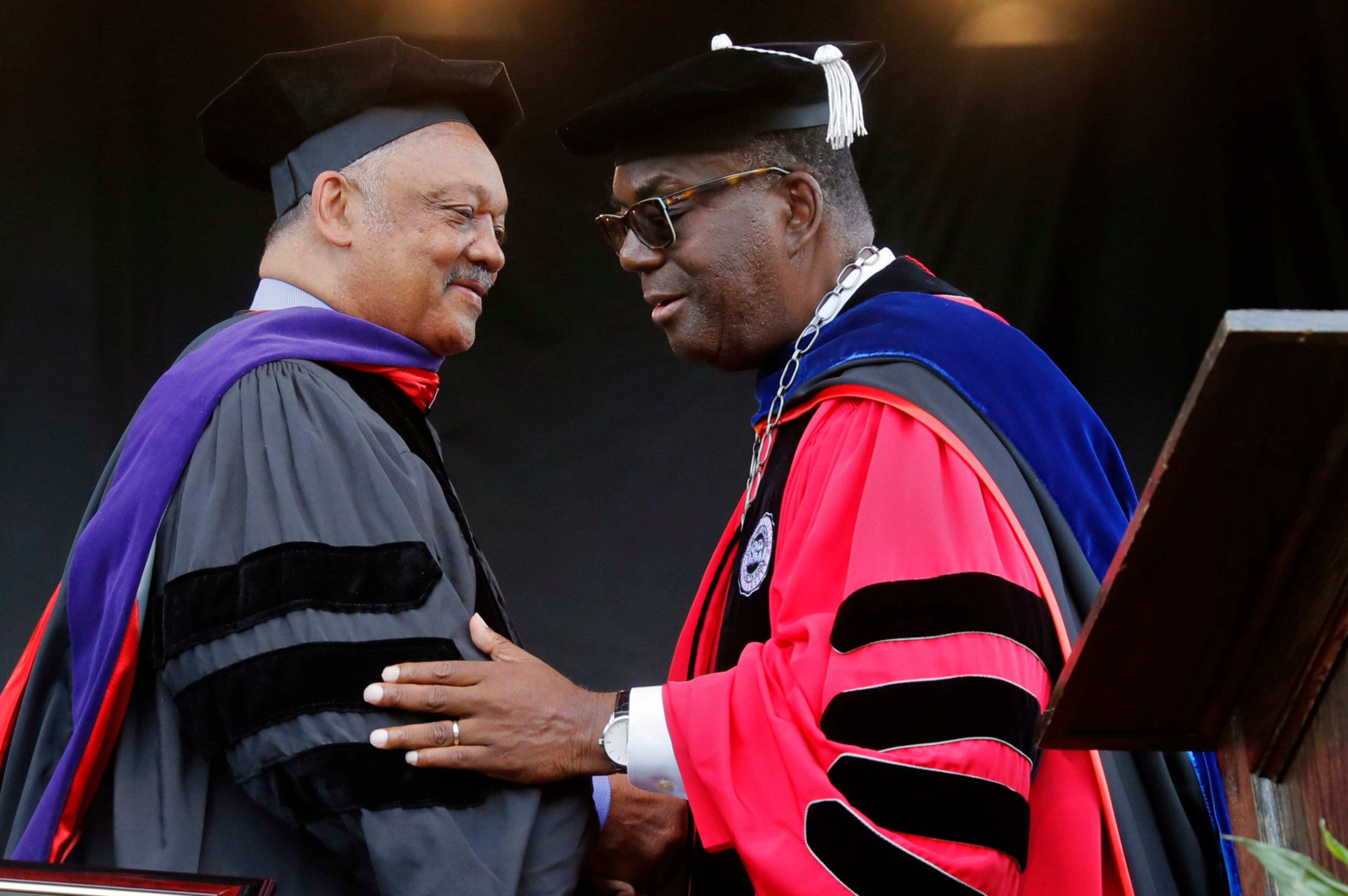Literacy and other education bills survive Crossover Day at Legislature

Georgia lawmakers passed several education bills on Crossover Day Monday, just in time to give them a chance to become law this year.
Private school funding, literacy and accreditation were the main topics.
Vouchers
Most of the action was in the Senate, which passed perhaps the highest-profile education bill of the day in Senate Bill 233. The voucher bill, pushed through by Republicans in a party-line vote, would create a new state program to help families pay for private K-12 schooling at a cost of more than $200 million a year, according to Democrats.
The state House also passed a smaller private school subsidy. House Bill 101 would add $10 million to the cap on the state’s tax-credit scholarship program, which helps students pay for private school tuition. It is funded by contributions from taxpayers who get a like amount credited against their state taxes. It was capped at $100 million until last year, when lawmakers raised it to $120 million. Early in this legislative session, they tried to hoist it to $200 million, but that bill, House Bill 54, never got a hearing. Instead, state representatives tacked a $10 million increase to HB 101 last week, and it passed the full House Monday.
Literacy
Senate Bill 211 by Sen. Billy Hickman, R-Statesboro, would create a literacy council tasked with studying why so many students in third grade cannot read on grade level. Hickman said 43% of students that age cannot, yet he noted that high school graduation rates are about double that. “Something is wrong there,” he said. “We’ve got to get ahold of this.” The council would also be tasked with identifying a common measure of literacy, since various rates derived from different measures were reported to senators during hearings about the bill. The measure passed unanimously.
House Bill 538, the Georgia Early Literacy Act, would require the Georgia Department of Education to identify training for teachers in kindergarten through third grade — training that is consistent with the “science of reading.” The bill by Rep. Bethany Ballard, R-Warner Robins, also would require the state to recommend quality instructional materials and reading tests. A component that would have required the hiring of literacy coaches was cut due to the cost for local districts. HB 538 would offer no state funding to schools, something noted by Democrats, who nonetheless voted for the measure.
One literacy bill that did not advance: House Bill 537, described as a companion to HB 538. It would have established new “evidence-based” training requirements for preschool teachers. Unlike HB 538, it was sponsored by a Democrat — Rep. Becky Evans, D-Atlanta. She is in her third term and had never before gotten a bill heard by the House Rules Committee, the last stop before a floor vote. In the end, the Rules Committee didn’t put SB 537 on the day’s agenda.
Accreditation
Senate Bill 204 would establish new standards for school accreditation agencies. The chief sponsor, Sen. Greg Dolezal, R-Cumming, said the legislation stemmed from an unexpected accreditation review of the schools in Cobb County. That review was done by Cognia, which does most of the accrediting of K-12 schools in Georgia. Dolezal said too much of it was prompted by school board infighting. The legislation would require that reviews focus instead on academics and finances. Agencies such as Cognia also would be prohibited from providing paid services to remedy problems documented by that same agency. He said that would be like a doctor selling medicine to cure a problem the same doctor had diagnosed. The measure passed unanimously.



